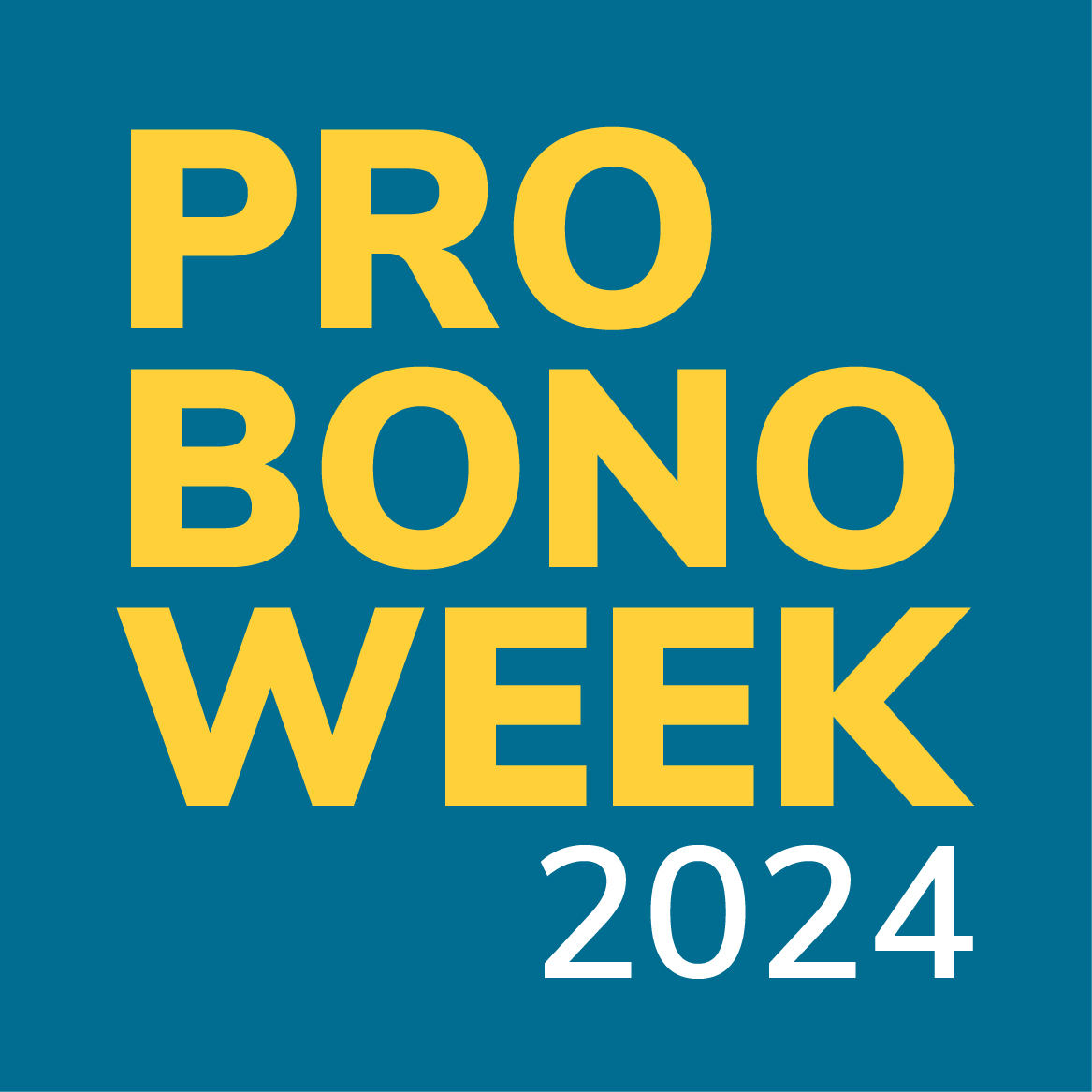
Pro Bono Week 2024, 4–8 November, offers a chance to recognise & support the commitment
Last year, more than 3,000 people took part in Pro Bono Week at more than 60 online and in-person events across England, Wales, Scotland and Northern Ireland.
This year, the organising committee has chosen an overall theme for Pro Bono Week 2024 of ‘the power of pro bono’. Within this theme, there are three suggested sub-topics:
Barred from justice—the powerful, everyday stories of the impact of lawyers and law students who protect the rights of those most disadvantaged in society.
Embedding pro bono in your organisation and career—placing pro bono at the heart of everyone’s practice and hearing from those at the forefront of establishing business structures for pro bono.
How technology can enhance access to justice—existing and new tools to ensure pro bono is innovative and effective.
All the events are free, taking place online or in-person. Many events will provide advice and tips about how to undertake pro bono, and also offer the chance to network with people across the legal and charity sectors. Examples of events that you can register to attend across the UK include:
Official launch event for UK Pro Bono Week 2024, 4 November at 6.30pm (6pm if attending in-person) simultaneously in Edinburgh, London and online. Hear inspiring stories from a panel of volunteers about the power of pro bono, together with keynotes from Justice of the UK Supreme Court Lady Simler, the Attorney General of England & Wales Lord Hermer KC and the Advocate General for Scotland Catherine Smith KC. Register here.
Are you a young lawyer looking to fit pro bono work into your practice? Join the Young Lawyers Event organised in collaboration with a number of junior lawyer groups on 5 November at 6pm in London. Register here.
Manchester Pro Bono Awards are organised for the first time by the Greater Manchester Pro Bono Committee on 6 November at 4pm in Manchester. See Probonocommittee.uk/manchester.
The Pro Bono Committee for Wales opening meeting on 6 November at 5.30pm in Cardiff will discuss pro bono in Wales. See Probonocommittee.uk/wales.
Faculty of Advocates: The power of environmental law on 6 November at 6pm in Edinburgh will showcase pro bono in environmental law. Register here.
Supporting and empowering clients in distress on 7 November at 6.30pm, online and in London. Speakers will share their personal stories working and communicating with clients in distress. Register here.
Browse the full events calendar.









